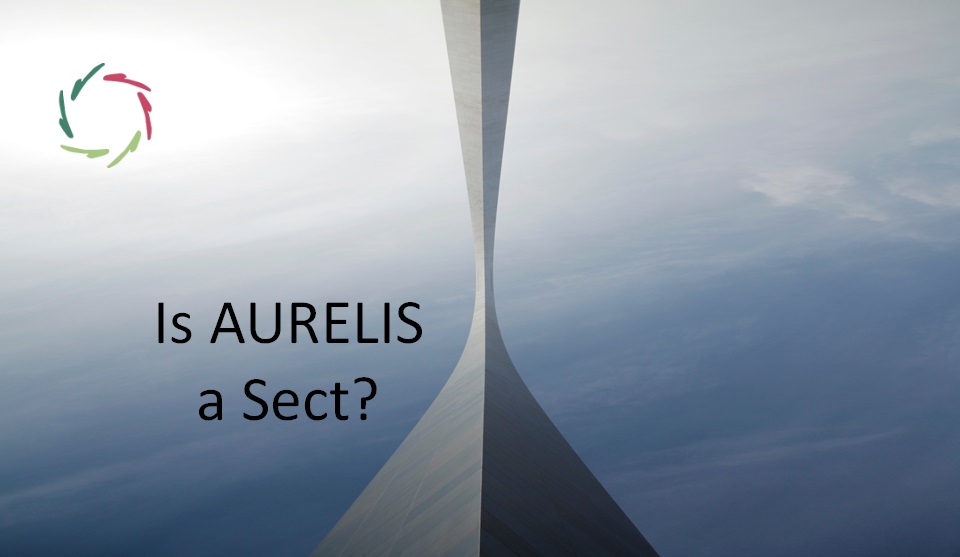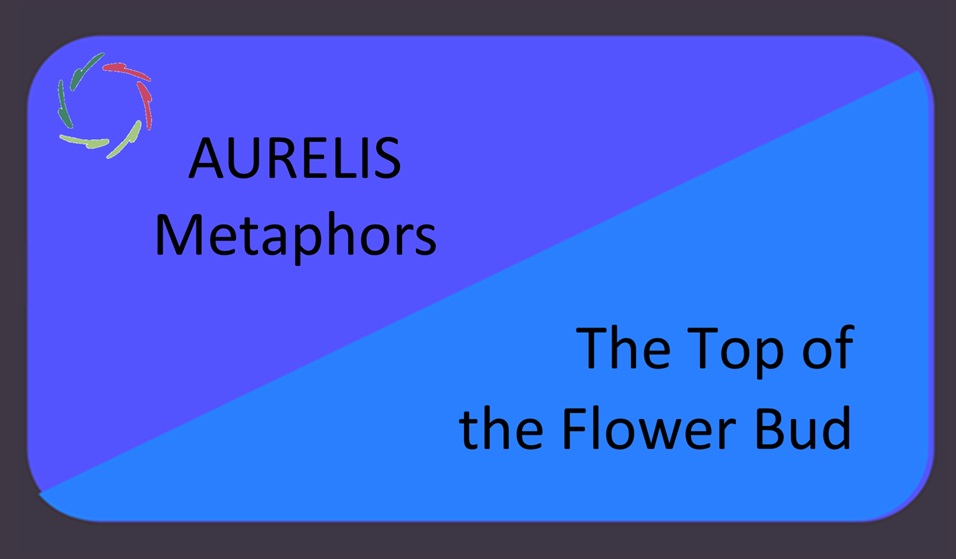Possible Meaning of AURELIS in the World

AURELIS is a way of standing in the world, a way of ‘being’, or at least: an attempt to this end. Nobody is perfect, thank God.
You could consider AURELIS as a form of ‘therapy’.
Then it becomes a part of health care. People have problems/needs and they are trying to find a solution. On domains that have to do with ‘the deeper layers of the psyche’ (‘ the deeper self’), it makes sense that at least a part of that outcome is also situated on this domain. In short: AURELIS is then seen as part of a whole that ‘repairs defects’, more precisely on the huge domain of psychosomatics (as a whole of psychic causes of being sick and its ‘treatment’).
If you didn’t already know, you can notice in my language that I do not really agree.
This has much to do with a critical view on the domain of psychosomatics itself. Nowadays this domain is mainly seen as part of medicine, at least in the developed ‘Western’ part of the world. The question is: is this correct? My personal, bold answer: no. A few arguments:
- Classical medicine has only symptomatic responses here. This does not ‘heal’. It does not handle any causes. It only covers up the facts, genre cosmetics. Therefore the term ‘medicine’ is a contradiction here.
- By this constant covering up, people get increasingly entangled in an alley of superficial materialism. Because of the generally increasing addiction to superficiality this is an easy way, not to help people, but to tie them. It’s the same principle as with any other addiction.
When push comes to shove, there is no serious reason to just classify psychosomatics as ‘medicine’.
That the situation arises this way, has been determined historically and socially. Historical and social determination, however, are absolutely no good to call something ‘rational’. Examples are plentiful.
I admit, psychosomatic and non-psychosomatic illnesses are similar to each other… partially. But for the most part they do not look anything alike. In my view, the main difference and at the same time distinction is:
the one has everything to do with ‘deep meaning’, the other has nothing to do with ‘deep meaning’.
What’s more: ‘classic Western medicine’ has even completely been based on this absence of deep meaning. To the major example of Newtonian physics, in which ‘science’ is equivalent to the scientist’s total detachment of his subject of examination. The advantage of this is total objectivity. A disadvantage is that only a (small?) part of reality can be looked at this way. What you see, you see better, but what you no longer see, you really do see no longer. How could it be otherwise?
Actually psychosomatics rather belongs to another existing domain
that is naturally concerned with ‘deep meaning’, at least if that domain is able to get away from all the conceptual pitfalls. That domain is called ‘religion’. Of course, the difficulty here is the conceptual. I am not aware of any organized ‘religion’ that really has emancipated from conceptual thinking. Quite the opposite in fact. All kinds of religions make full advantage of ‘concreteness’ to draw people to their side. It seems almost an echo.
And then… a cup of AURELIS.
Eventually you can think of AURELIS as a ‘movement’ that revolves around a ‘philosophy’. Or better yet, as a ‘state of mind’. Not just any ‘state of mind’ that is comparable to many others, but one that takes the ‘deeper self’ as a basis, as broad and appropriate as possible. In my view, this is also a moral attitude:
‘man as the measure of all things’, but it has to be: man as a whole.
You see: this makes AURELIS much more than merely a ‘therapy’.
I see the possible meaning of AURELIS in this world from this point of view, this overall picture. Actually there is no other way.
If you lock up AURELIS in a particular domain, then you chop it into pieces while its core lies particularly in whole-ness.
It cannot be rightly seen as only a part of itself. Concretely: I believe that AURELIS only has a lasting chance of success (this is: ‘to become a serious influencing factor’) in this world when it is seen as something that actually and consistently transcends established domains (such as ‘medicine’, ‘religion’ (not to be confused with all kinds of religions or sectarian shebang in the large or small), ‘meditation’, ‘education’, ‘philosophy’ …). In other words, it’s all or nothing.
This does not look simple … Hm. I would gladly like to take a look into the future 😊.


